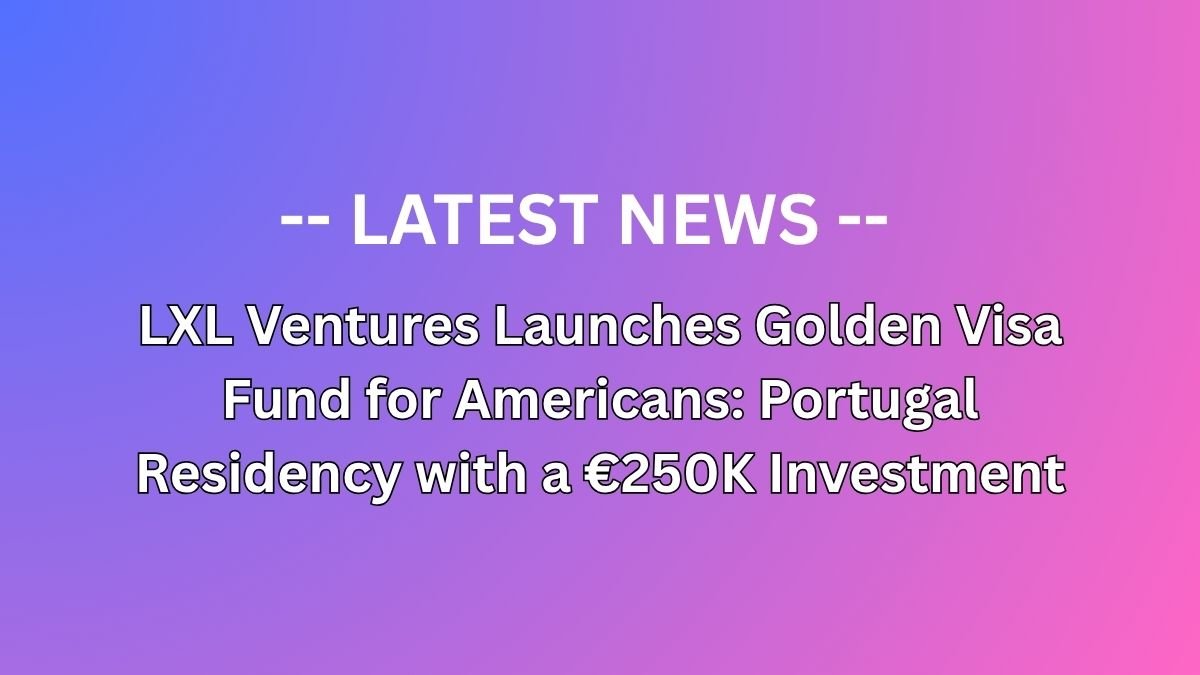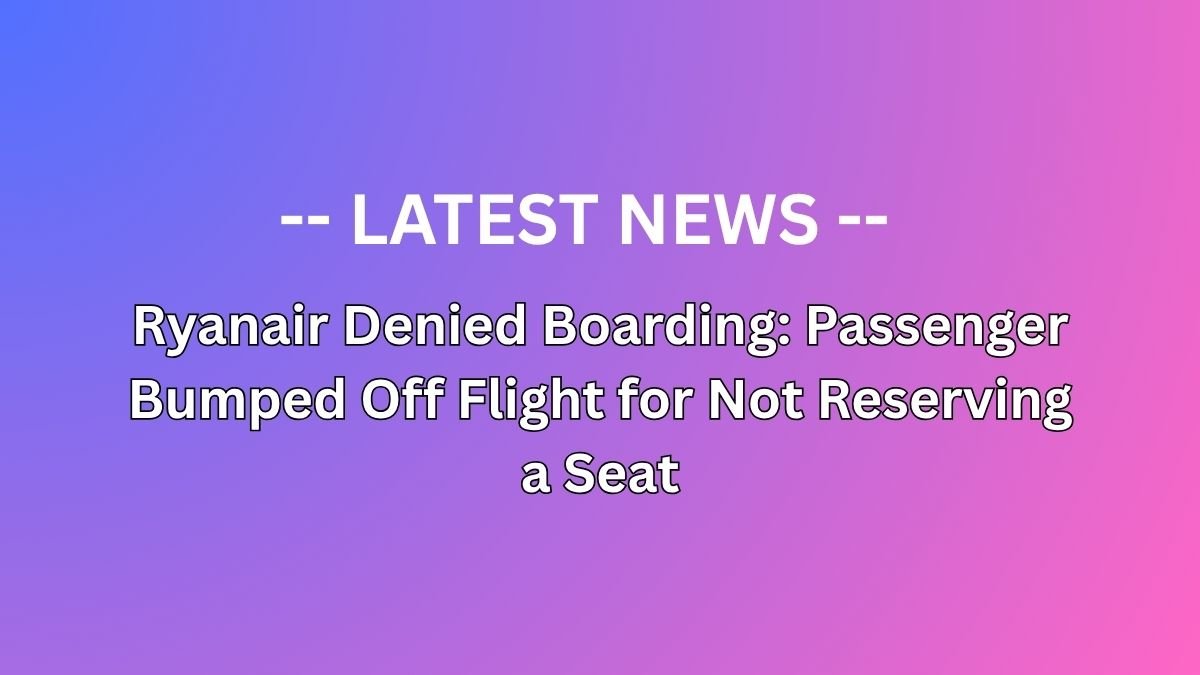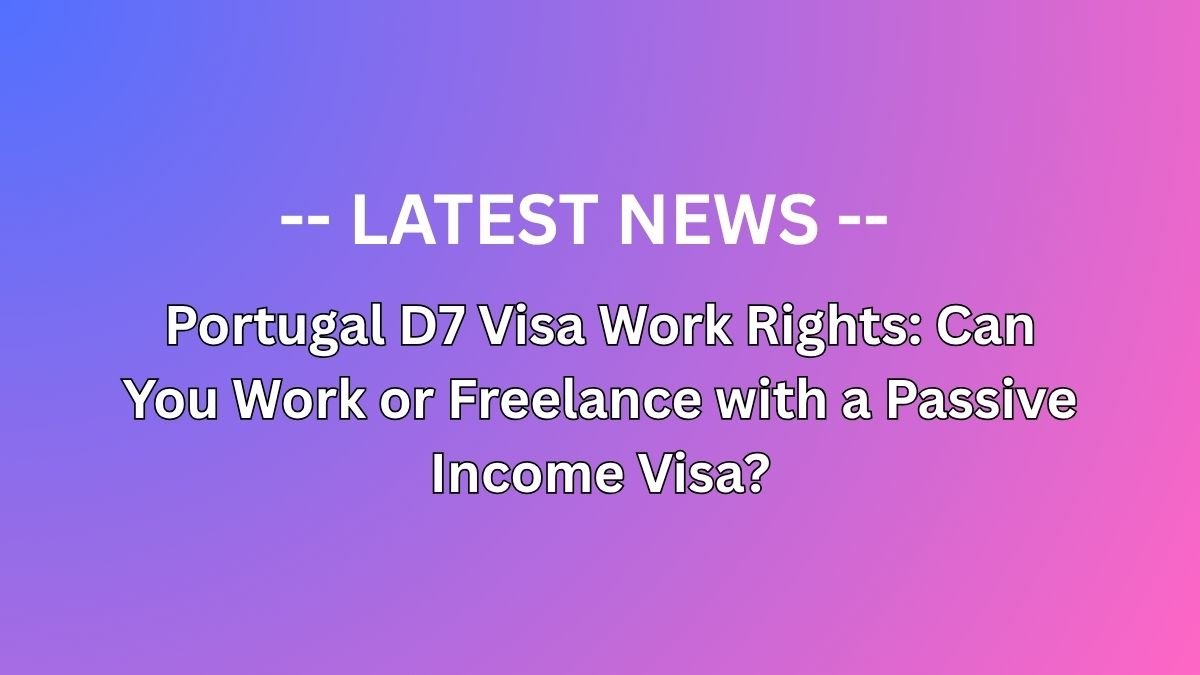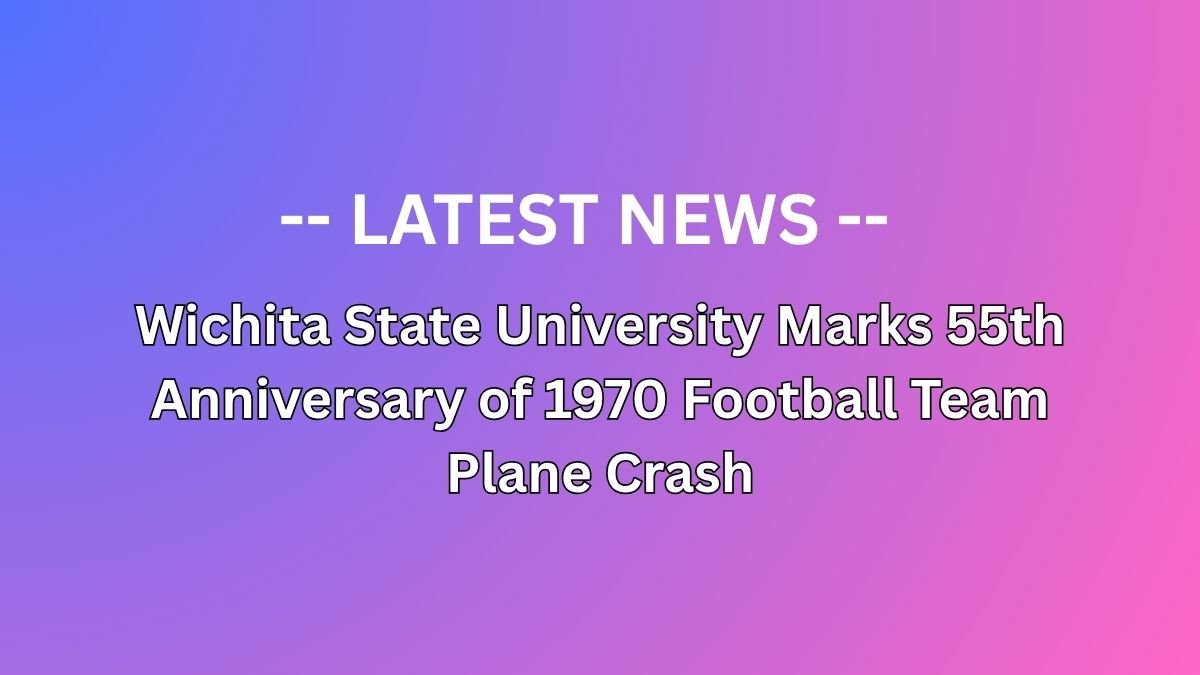In today’s global economy, securing the right U.S. work visa can be a career-defining decision. Whether you are a corporate executive seeking an intra-company transfer or a specialist aiming for an international opportunity, understanding the nuances between the L1 Visa and H1B Visa is essential. This comprehensive guide compares both visa types on eligibility, application process, cost, processing time, and long-term benefits. We also include real-life examples, practical tips, and direct links to trusted resources like USCIS and Wikipedia.

Table of Contents
Understanding the Basics
What is the L1 Visa?
The L1 visa is a nonimmigrant category designed for multinational companies. It enables businesses to transfer executives, managers, or specialized knowledge employees from an overseas office to a U.S. branch, subsidiary, or affiliate. There are two primary types:
- L1A Visa: For managers and executives.
- L1B Visa: For employees with specialized knowledge.
For further details, check out AM Global’s article on L1 Visa Explained: Types, Eligibility, and Application Process.
Back to Top
What is the H1B Visa?
The H1B visa is aimed at skilled foreign workers in specialty occupations that require specialized knowledge and a bachelor’s degree or higher. Key highlights include:
- Employer Sponsorship: Applicants must have a sponsoring employer.
- Cap-Subject: A numerical cap limits the number of visas issued annually.
- Duration: Initially granted for three years, extendable up to six years.
For more information, visit the USCIS H1B visa page.
Eligibility, Application Process, and Requirements
Eligibility Criteria
L1 Visa Eligibility
- Employment Relationship: Must have worked for a qualifying company abroad for at least one continuous year within the past three years.
- Position: The applicant should be moving to a managerial, executive, or specialized knowledge role.
- Company Relationship: The U.S. and foreign companies must share a qualifying relationship (e.g., parent, subsidiary, affiliate).
H1B Visa Eligibility
- Educational Qualification: Possess at least a bachelor’s degree or equivalent in a specialized field.
- Job Offer: Must have an offer from a U.S. employer for a position that qualifies as a specialty occupation.
- Labor Condition Application (LCA): The employer must file an LCA with the Department of Labor.
Application Process
L1 Visa Application Process
- Petition Filing: The employer files Form I-129 on behalf of the employee.
- Documentation: Include employment verification, proof of company relationship, and detailed job descriptions.
- Consular Processing: Depending on your country, you may need to attend a visa interview at a U.S. embassy or consulate.
H1B Visa Application Process
- Lottery System: Due to the annual cap, applicants are subject to a lottery selection process.
- Petition Filing: The sponsoring employer submits Form I-129.
- LCA Approval: Ensure that the Labor Condition Application is approved.
- Visa Interview: Attend a consular interview if required.
Comparative Table: L1 vs H1B
| Feature | L1 Visa | H1B Visa |
|---|---|---|
| Eligibility | For intra-company transfers; managerial/executive roles | For specialty occupations requiring specialized knowledge |
| Application Process | Direct filing by employer; no lottery system | Subject to an annual lottery; requires approved LCA |
| Duration | L1A: up to 7 years, L1B: up to 5 years | Initial period up to 3 years, extendable up to 6 years |
| Employer Requirement | Must have a qualifying relationship within a multinational firm | Requires employer sponsorship; available across various sectors |
| Family Benefits | Spouse may obtain work authorization | H4 visa for spouses offers limited work authorization |
Advantages and Disadvantages
Advantages of the L1 Visa
- No Annual Cap: Not subject to a strict annual limit.
- Dual Intent: Allows you to pursue permanent residency while on an L1.
- Streamlined for Internal Transfers: Ideal for companies with multinational operations.
- Extended Duration for Managers: L1A visa holders can remain in the U.S. for up to seven years.
Disadvantages of the L1 Visa
- Limited to Multinational Employees: Only applicable if you work for a qualifying multinational company.
- Strict Eligibility: Requires clear documentation of your work history with the sponsoring company.
- Complex Documentation: Proving specialized knowledge or managerial roles can be challenging.
Advantages of the H1B Visa
- Broader Eligibility: Open to professionals across various industries.
- Diverse Opportunities: Not limited to managerial roles; welcomes skilled workers in many fields.
- Path to Permanent Residency: Provides a pathway to obtaining a green card.
Disadvantages of the H1B Visa
- Annual Lottery: The cap-subject process creates uncertainty.
- Shorter Initial Duration: Typically granted for 3 years, extendable up to 6 years.
- Employer Dependency: Tied closely to the sponsoring employer, which can limit flexibility.
Key Considerations for Your Career and Family
Career Goals and Professional Development
- Long-Term Employment Plans: If you aim for leadership within a multinational company, the L1 visa might offer greater flexibility.
- Industry & Skill Set: For professionals in specialized fields like technology or healthcare, the H1B visa is often more accessible.
Family Considerations
- Spousal Employment: The L1 visa generally allows spouses to apply for work authorization more easily than the H1B’s accompanying H4 visa.
- Dependents’ Benefits: Consider the available schooling, healthcare, and living conditions for your family in the U.S.
Corporate Strategy and Global Mobility
- Company’s Global Reach: Evaluate whether your employer operates internationally—multinational companies may favor the L1 route for internal transfers.
- Visa Renewal and Permanent Residency: Both visas offer paths to a green card, but the dual intent feature of the L1 can simplify the process.
For tailored advice, consider consulting an immigration attorney or using reputable services such as VisaPro and Envoy Global.
Cost, Processing Time, and Approval Odds
Cost Comparison
- L1 Visa: Generally involves higher filing fees and documentation costs due to the extensive evidence required for intra-company transfers.
- H1B Visa: While filing fees (including premium processing) can be substantial, these are spread over a larger applicant pool.
Processing Time
- L1 Visa: Processing times vary by consulate; expedited options are available for qualifying companies.
- H1B Visa: Standard processing may take several months, though premium processing (usually within 15 calendar days) is available.
Approval Odds
- L1 Visa: Approval depends largely on clear documentation of the intra-company relationship and the applicant’s role.
- H1B Visa: The lottery system introduces uncertainty even for highly qualified candidates, with success also influenced by current immigration policies.
Real-Life Case Studies and Examples
Case Study 1: The Corporate Transfer Success Story
A multinational technology firm transferred a senior manager from its headquarters overseas to its U.S. branch using an L1A visa. Extensive documentation of the managerial role and intra-company ties ensured a swift and successful approval.
Case Study 2: A Specialist’s Journey
An IT professional with a specialized degree secured an offer from a U.S. tech firm and successfully navigated the H1B visa lottery process through strong academic and professional credentials.
Conclusion
Choosing between an L1 and an H1B visa depends on your employment situation, career goals, and personal circumstances. The L1 visa offers advantages for intra-company transfers and leadership roles, while the H1B visa opens broader opportunities for skilled professionals. Ultimately, the best option aligns with your long-term professional profile and immigration goals.
For ongoing updates and expert tips, explore resources on USCIS.
FAQ
Q1: What is the primary difference between an L1 and an H1B visa?
A: The L1 visa is designed for intra-company transfers (executives, managers, or employees with specialized knowledge), whereas the H1B visa targets skilled professionals in specialty occupations.
Q2: Can I switch from an H1B visa to an L1 visa?
A: Switching depends on your employment circumstances and the relationship between your employer’s U.S. and foreign offices. Consult an immigration attorney for personalized advice.
Q3: How long can I stay in the U.S. on these visas?
A: L1A visa holders may remain for up to 7 years (L1B up to 5 years), while H1B visa holders are initially granted 3 years, extendable to 6 years.
Q4: Which visa offers better opportunities for my spouse?
A: The L1 visa generally allows spouses to apply for work authorization more easily than the H1B’s accompanying H4 visa, though individual circumstances vary.
Q5: Where can I get expert guidance on my visa application?
A: Reputable resources include VisaPro and Envoy Global.
Related Topics
- Navigating U.S. Immigration: A Comprehensive Guide
- Green Card vs. Work Visa: Understanding Your Options
- How to Get Approved: The Shocking Truth Behind a Successful US Visa Application
- L1 Visa Explained: Types, Eligibility, and Application Process
Back to Top
Disclaimer and Affiliate Disclosure
Disclaimer:
This article is provided for informational purposes only and should not be considered legal advice. Please consult with an immigration attorney or certified expert regarding your specific situation.
Affiliate Disclosure:
Some links in this article are affiliate links. If you click through and make a purchase, we may earn a commission at no additional cost to you. We only recommend products and services we trust.






